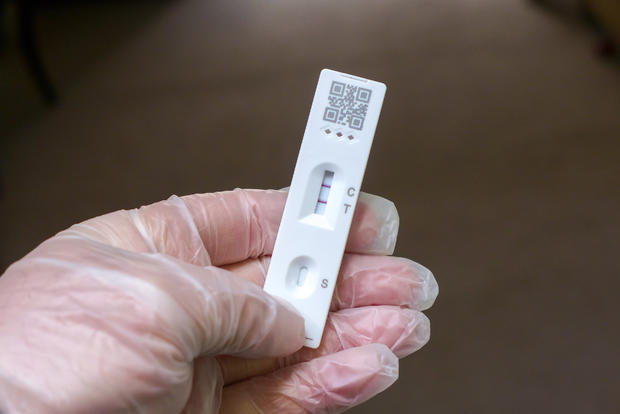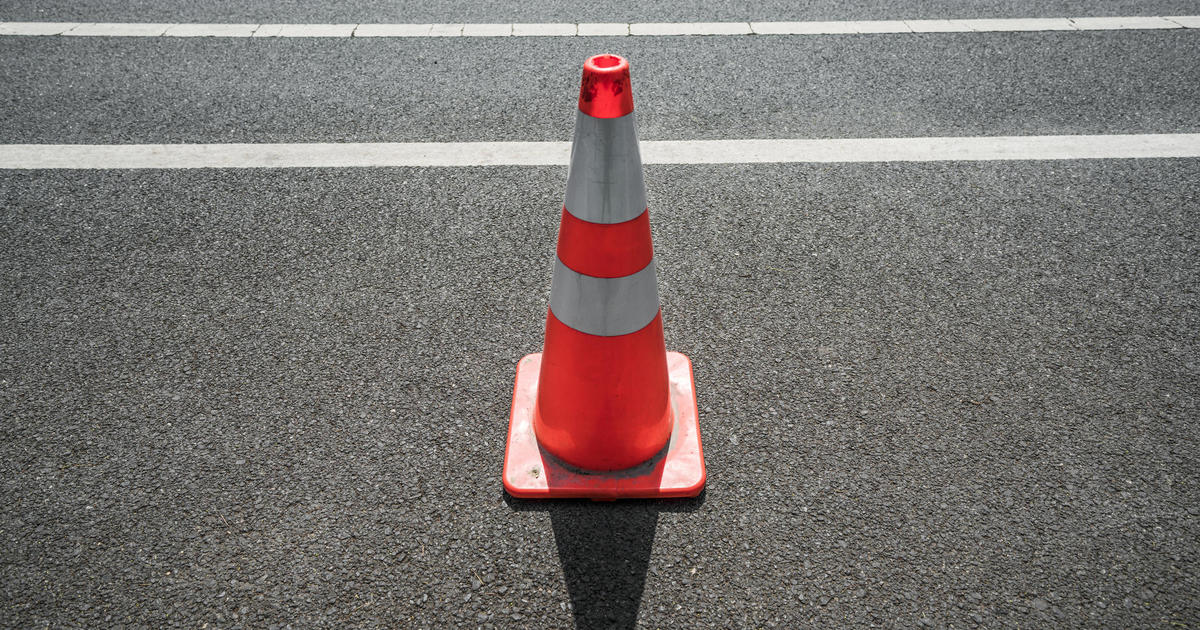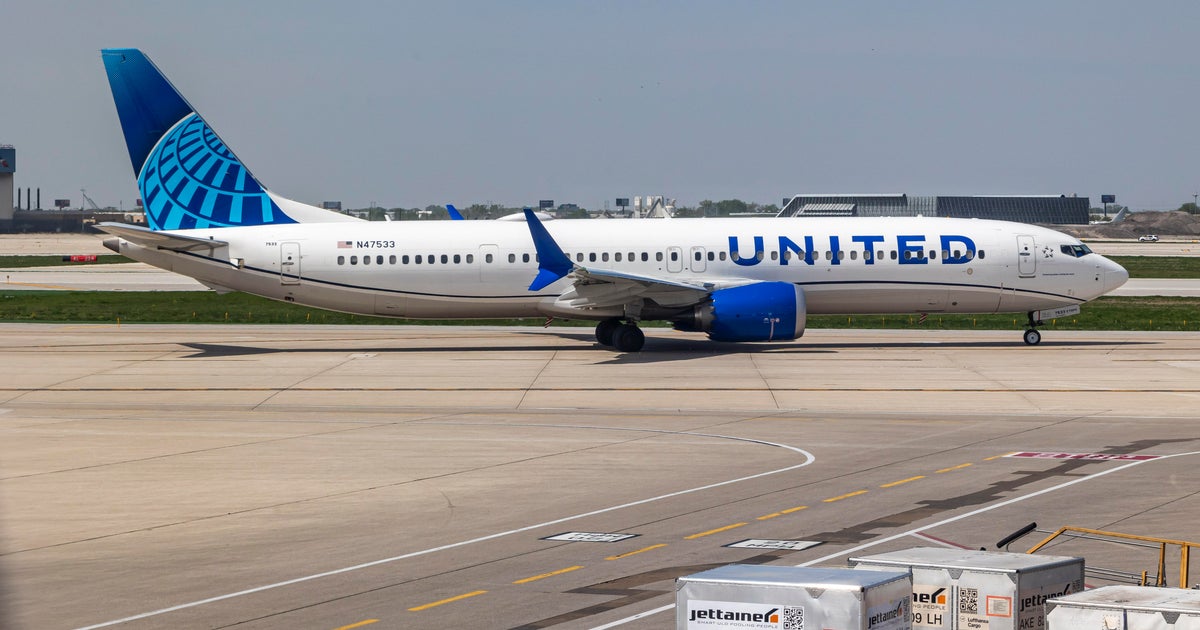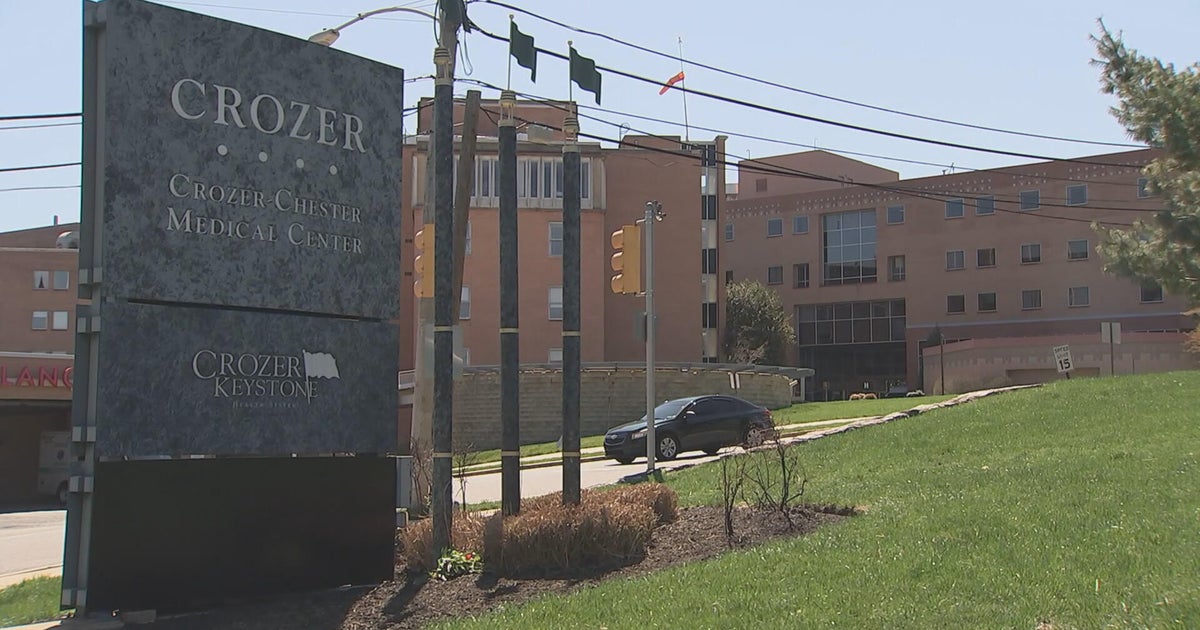UCSF study data shows 80 percent of current COVID test results go unreported
SAN FRANCISCO -- Roughly 80 percent of current COVID-19 test results go unreported due to the widespread availability and use of rapid at-home tests, according to preliminary data from an ongoing study by researchers at University of California, San Francisco.
The COVID-19 Citizen Science Study has sampled COVID test, symptom and location data for more than 100,000 residents in all 50 states as well as Washington D.C., focusing on the country's most populated counties.
The study, which is ongoing, has attempted to identify which local governmental policies -- categorized as containment and closure, economic response and public health -- have helped slow the virus' spread and which have not.
UCSF researchers gave an overview of the study, which they are conducting with the Louisiana Public Health Institute, during a panel discussion Tuesday with other COVID researchers from the University of Oxford and the LPHI.
"The plan for these policy data is to characterize the geographic variation in policies across counties," said Dr. Rita Hamad, a social epidemiologist and associate professor of family community medicine at UCSF.
"We're also hoping to link these policy data with actual health datasets to try to understand how variation in policies affected outcomes like COVID transmission rates, but also related outcomes like mental health, chronic disease, etc.," Hamad said.
Researchers with UCSF and the LPHI have collected data for the study on a weekly basis since 2020. In total, they have monitored the outcomes from 27 different local health policies, including how and when vaccines and testing are available and proof of vaccination requirements for large events.
So far, the researchers have found that test positivity rates are roughly the same for PCR tests and at-home tests. The study's observed test positivity rate is also roughly on par with the national figures observed by Johns Hopkins University.
As of Wednesday, the national test positivity rate sat at roughly 17 percent, according to Johns Hopkins.
"This is actually reassuring that our surveillance data in the U.S. using test positivity numbers actually is reflecting positivity on different kinds of tests," said Dr. Mark Pletcher, a professor of epidemiology and biostatistics at UCSF and one of the study's lead researchers.
The researchers have also found that pandemic-related anxiety has been driven equally by the possibility of catching the virus and how the pandemic is affecting personal finances, according to Pletcher.
The study has found general COVID health risk to be a strong predictor of pandemic-related anxiety with very little variance since the pandemic began, as those who feel most at risk are the most worried about contracting the virus and those who are not at risk showing little or no concern.
The variance over time was more observable among those who described themselves as somewhat worried about catching COVID, with ebbs and flows depending on whether positive cases are actively surging or not.
Overall, according to Pletcher, an average of just 12 percent of study participants who reported any symptoms consistent with COVID got tested within three days of the onset of their symptoms.
Eventually, Pletcher said, the researchers plan to analyze how both changing local COVID-related policies and self-reported patient data have affected anxiety about the pandemic over time.
"We're just completing our policy data collection effort and then that's our main plan," he said.








